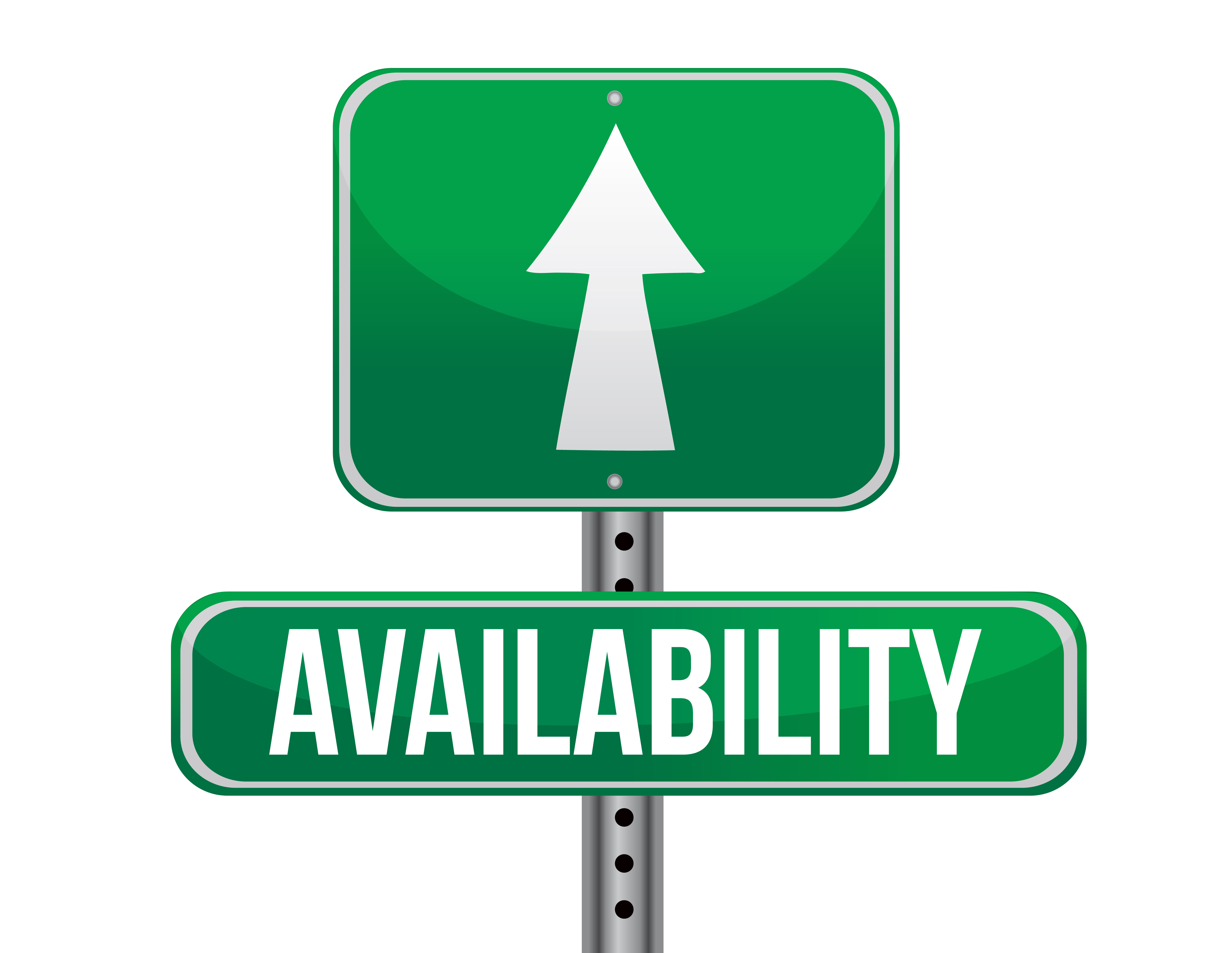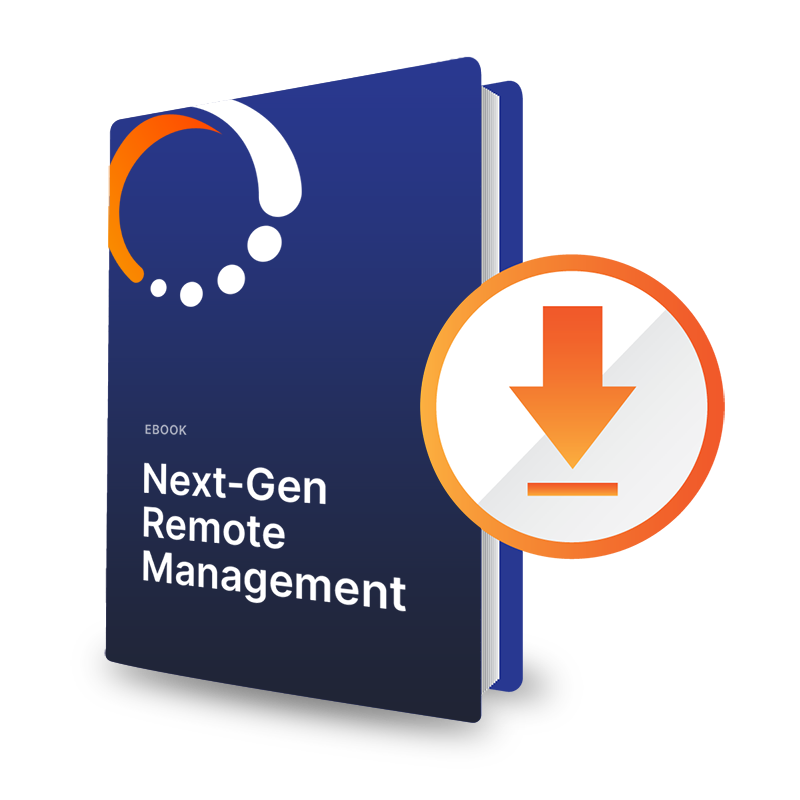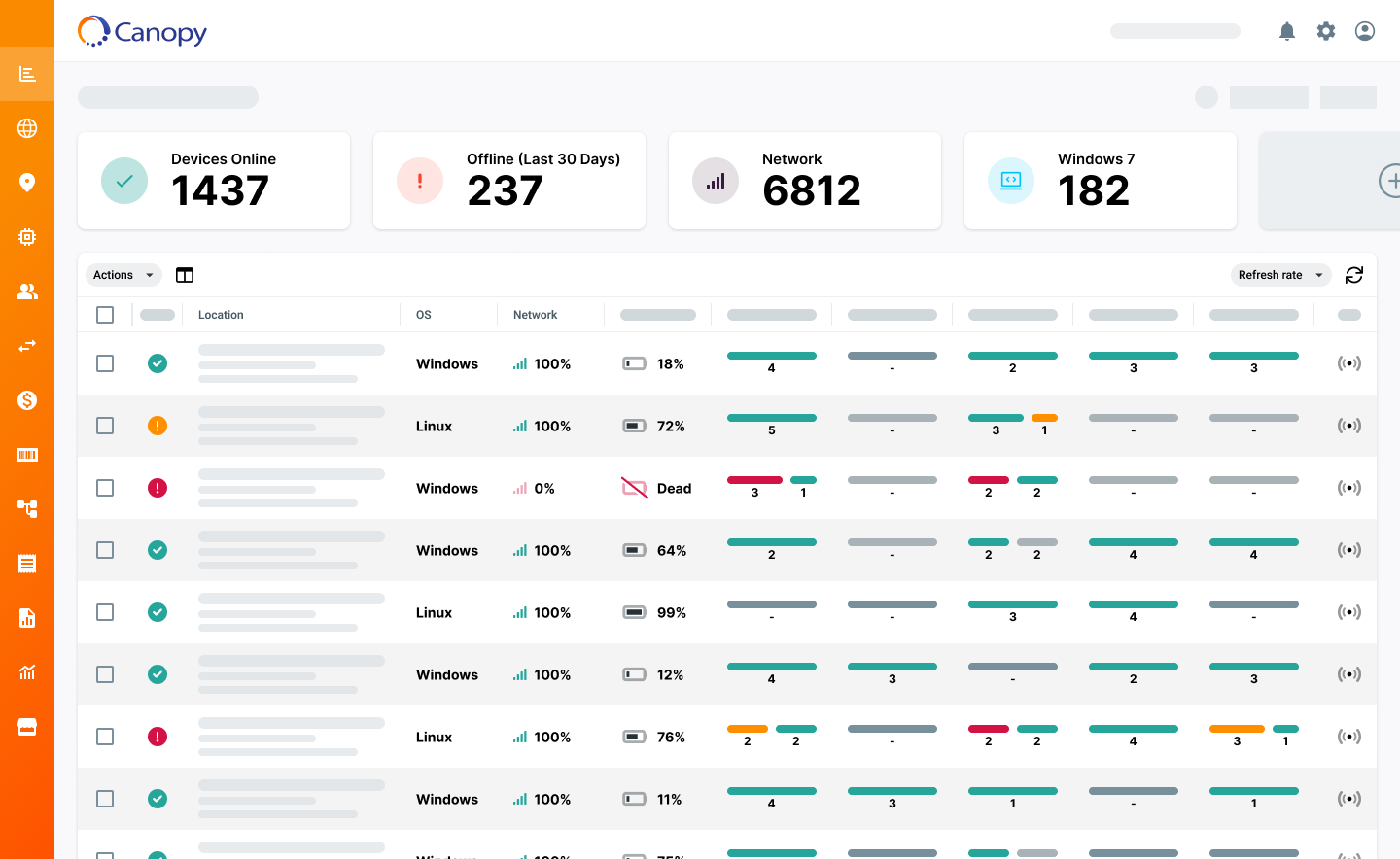10 Essential Benefits of Leveraging Kiosk Management Systems for Self-Service Kiosks
Kiosk Management System features like real-time monitoring, proactive issue resolution, & remote troubleshooting help uptime, enhance security, & improve customer satisfaction.

Understanding the Opportunities and Challenges in Self-Service Kiosk Management Landscape
Self-service kiosks have become ubiquitous, serving customers in various sectors such as retail, healthcare, banking, and transportation industries. According to a recent report, the global self-service kiosk market was valued at USD 27.4 billion in 2021 and is expected to grow at 6.5% per year from 2022 to 2028.
Kiosks offer convenience and efficiency, but their widespread deployment and unattended nature present unique challenges, especially when it comes to maintenance and management. Kiosk Management Systems (KMS) are an essential service for businesses relying on these kiosks. A KMS is a software platform that provides remote monitoring and management capabilities designed specifically for the oversight and administration of self-service kiosks. By offering real-time monitoring, proactive issue resolution, and remote troubleshooting capabilities, a KMS ensures that kiosks remain operational, secure, and up to date, thereby enhancing the overall user experience and maximizing operational efficiency.
Here are the ten essential benefits of leveraging KMS for your network of self-service kiosks:
- Enhanced Uptime and Reliability: Kiosk management systems provide real-time monitoring of kiosk health and performance, enabling proactive identification and resolution of issues before they disrupt service. Remote resolution of issues threatening the health of a kiosk are achieved through the KMS’ ability to provide remote control, management, and automation routines that detect and resolve issues. This significantly enhances the uptime of kiosks, ensuring they are always available when customers need them.
- Cost Reduction: By allowing remote troubleshooting and maintenance, KMS reduces the need for on-site visits, cutting down travel costs and time. When on-site service is required, technicians arrive with information from the KMS that helps direct and ensure efficient service. It also minimizes downtime, which can be costly in terms of lost revenue and customer dissatisfaction.
- Improved Security: Security is a paramount concern for kiosks handling personal and financial information. KMS tools offer advanced security features, including the ability to remotely update software and patch vulnerabilities, reducing the risk of data breaches and cyber-attacks.
- Efficient Resource Management: Kiosk management systems provide detailed analytics and reporting on kiosk operations, which can be used to optimize resource allocation. For example, insights into peak usage times can help businesses schedule maintenance during off-peak hours, minimizing service disruption.
- Scalability: As businesses grow, so does the complexity of managing an expanding network of kiosks. Kiosk management systems are scalable, making it easy to add new kiosks to the network without significantly increasing management or support overhead.
- Enhanced Customer Experience: KMS ensures that kiosks are functioning optimally, reducing transaction times, and avoiding outages that can lead to customer frustration. Additionally, remote management capabilities allow for timely content updates and promotions, further enriching the customer experience.
- Predictive Maintenance: Through continuous monitoring, Kiosk management systems can predict hardware failures before they occur, allowing for preventative maintenance. This not only extends the lifespan of the kiosks but also avoids unexpected downtime.
- Streamlined Compliance Management: For industries subject to regulatory compliance, kiosk systems management can automate the monitoring and reporting processes, ensuring kiosks comply with legal standards and industry regulations without manual oversight.
- Environmental Monitoring: Beyond hardware and software, KMS can also monitor the environment around a kiosk, such as temperature and humidity, which can impact performance and longevity. This ensures that kiosks operate within optimal conditions.
- Increased Operational Insights: Finally, the data collected by Kiosk management systems offer invaluable insights into customer behavior and preferences, enabling businesses to tailor their services and offerings to meet customer needs better.
Selecting and implementing a kiosk management system is a big strategic decision. Get in touch with our team if you’d like to learn how Canopy may be able to help.
Leveraging KMS for a deployed network of self-service kiosks offers undeniable benefits, from enhanced uptime and reliability to invaluable operational insights. Investing in a kiosk management system is a strategic move for businesses looking to maximize the efficiency, security, and customer satisfaction of their kiosk networks.
Canopy's advanced kiosk monitoring and management features allow businesses to unlock the full potential of their kiosk operations and drive best-in-class availability. If you’re interested in learning more about how Canopy may be able to help your team, we’d love to chat. Reach out at www.goCanopy.com today to get in touch with our team.













